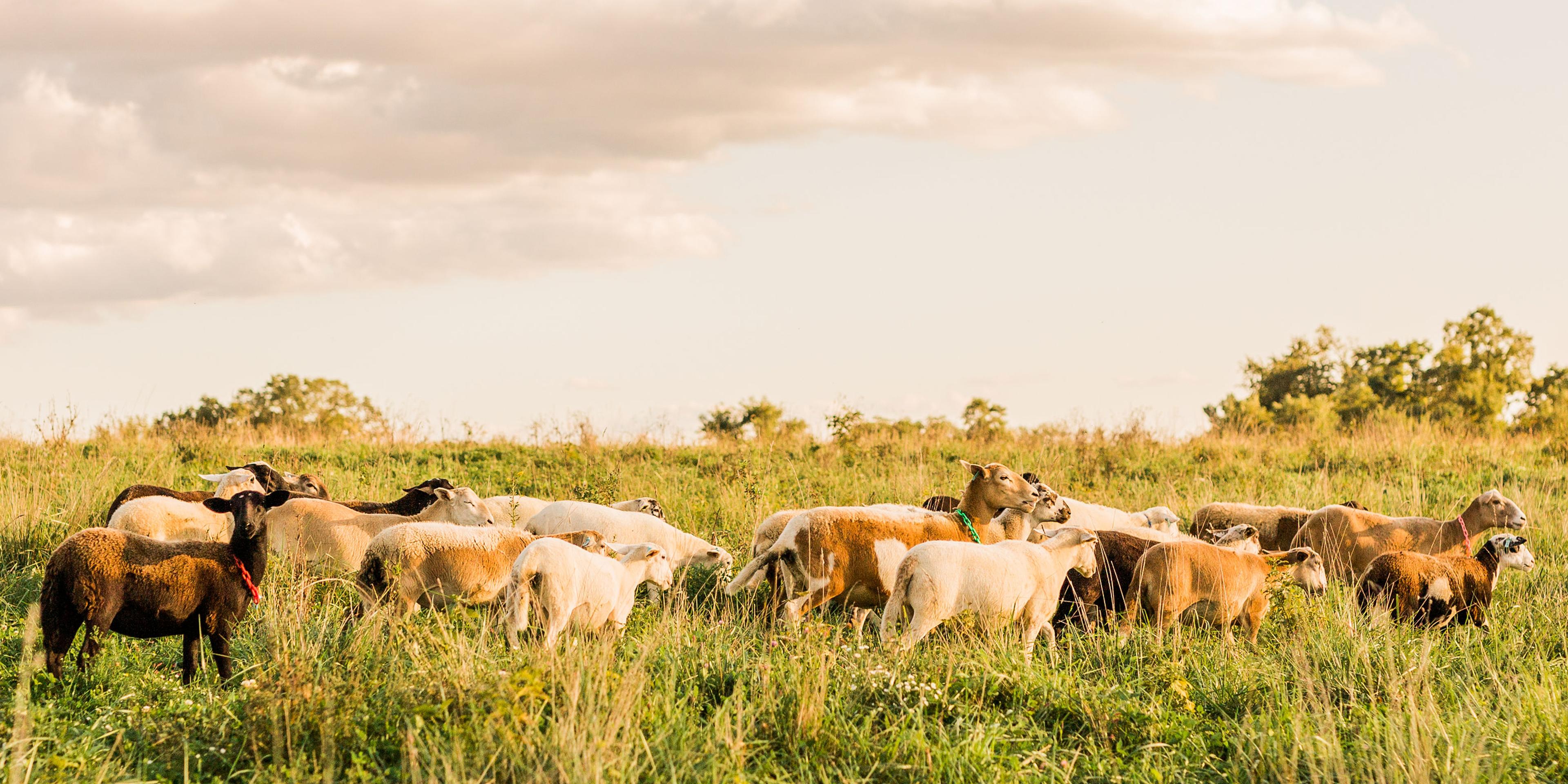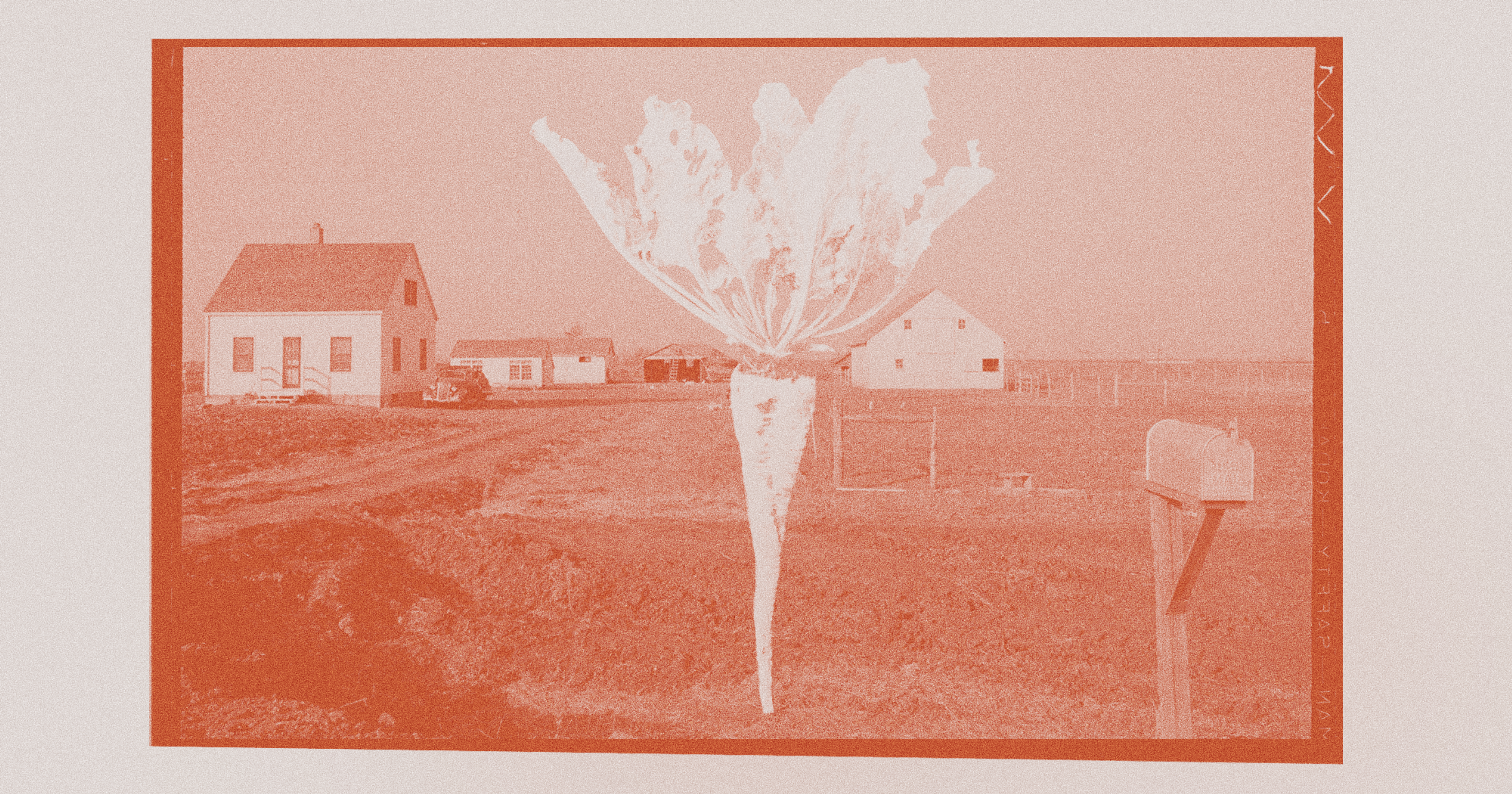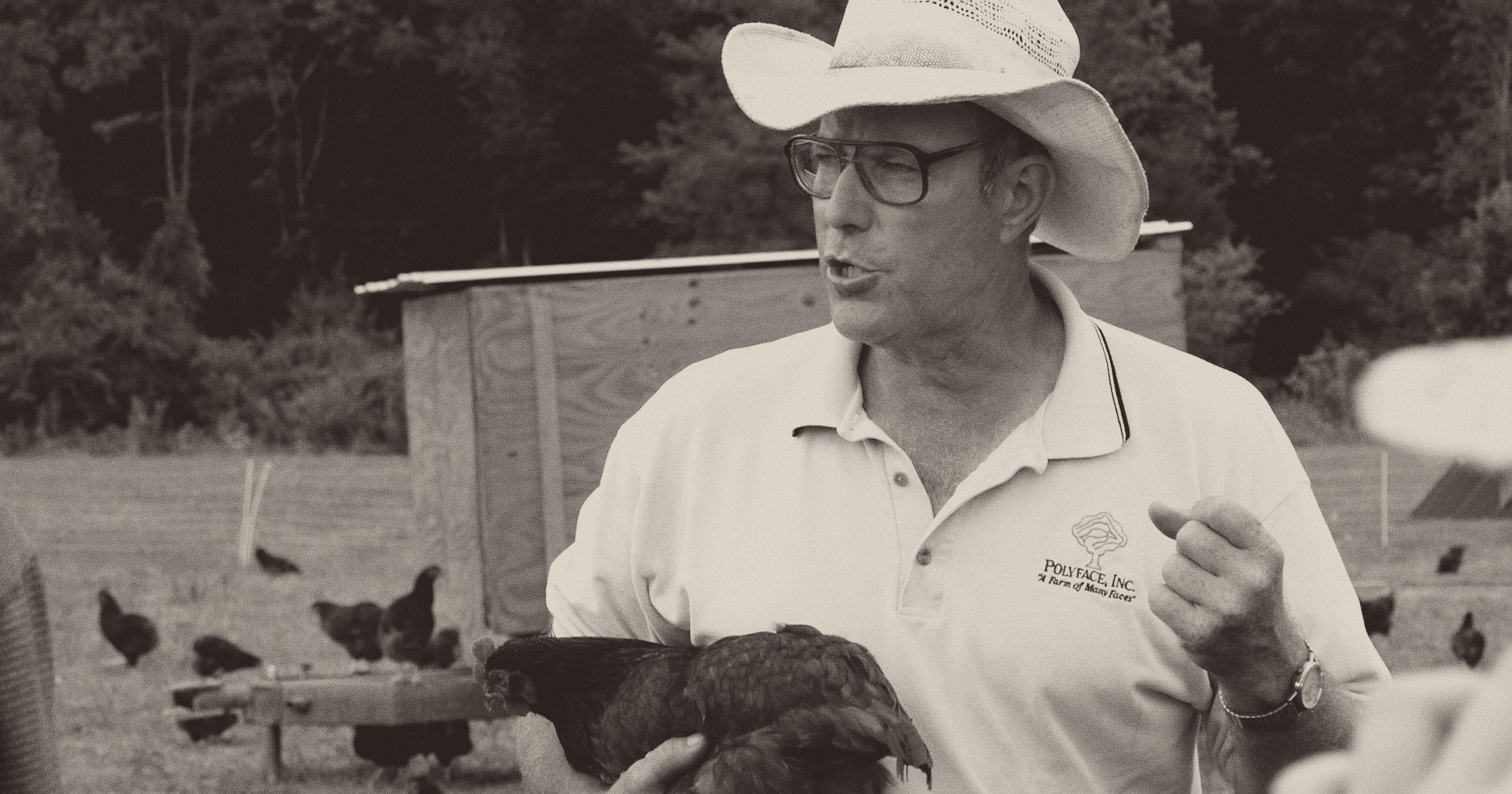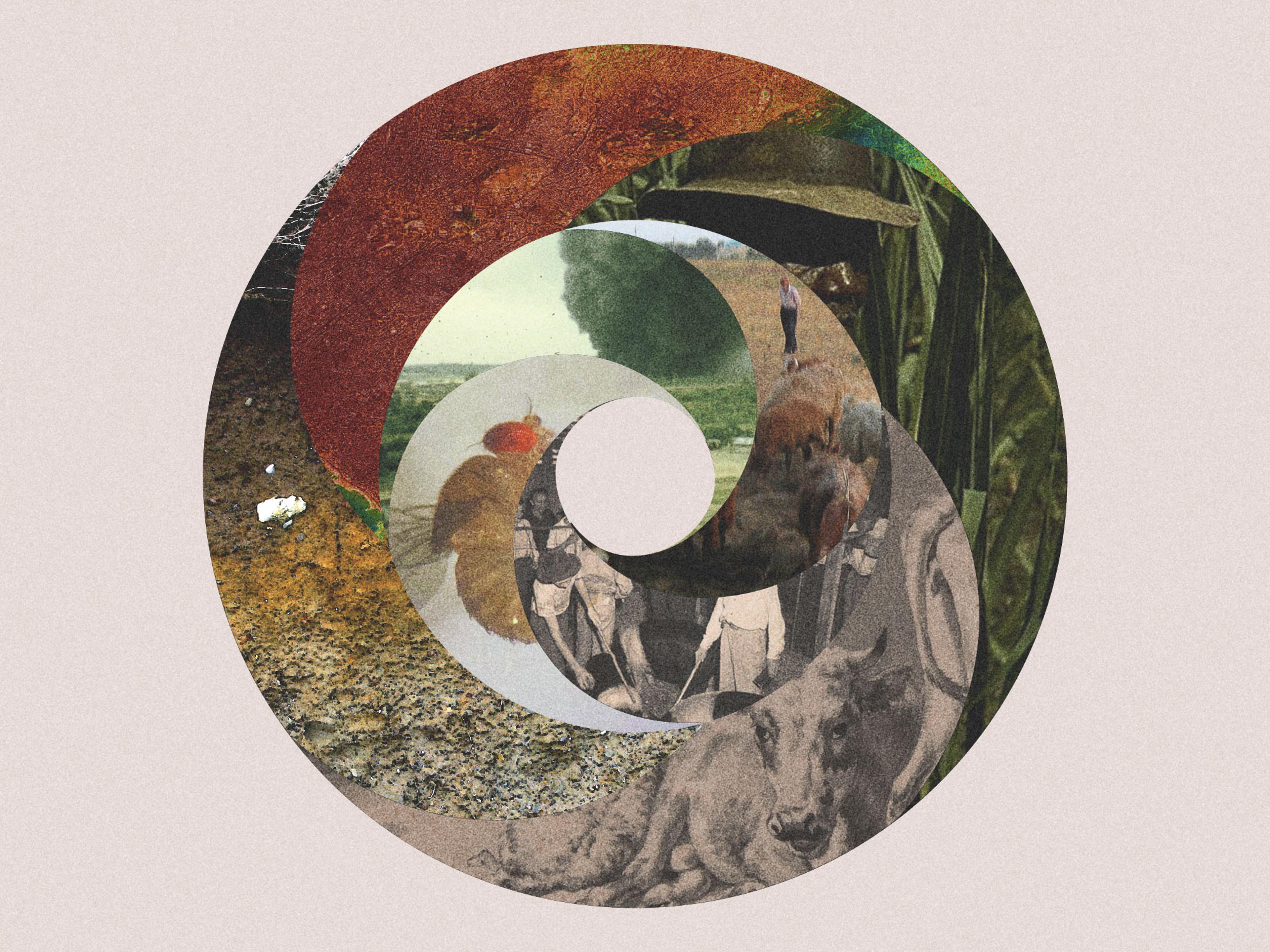Our small but mighty team weighs in with their favorite Ambrook Research stories of the year.
Behind this publication is a talented tech team that’s working to build a financial management platform for farmers. Ambrook Research is editorially independent, so you don’t often hear from all the sharp minds who work on Ambrook’s other side. That’s why I asked them to weigh in on their favorite stories of the year — every voice counts! I really appreciate these thoughtful picks.

Vedant Mehta, Engineering
I had a delightful experience reading Requiem for a Pig by my colleague Eric. The piece was a surprising blend of emotional resonance and what felt like scientific insight. Its narrative, centered on a Brooklyn guy unexpectedly immersed in a pig harvest, was humorously absurd and enlightening in equal parts. It deepened my appreciation for the meticulous and respectful approach required in mindfully butchering and preparing pork.
Adam Dixon, Graphic Designer
I really enjoyed Kirsten Lie-Nielsen’s story on Somali farmers finding liberation through farming. It’s a story of pretty stark contrasts in a lot of ways. Hearing how the Bantus are land cultivators who need permanence to grow crops but have been forced to uproot and find new ways to apply their knowledge is compelling. I also loved learning about their method of land division and cooperative growing and how counterculture it is.
Mackenzie Burnett, CEO and Publisher
I loved Eve Andrews‘ first-person piece from the Ambrook Research print journal, unpacking her conflicted feelings as a former “climate advice columnist.” It’s darkly funny, and it resonated on a personal level. As someone who cares deeply about climate change and the natural world, I also don’t know how to always live by my own values.

Eric Jasinski, Product Operations
My favorite Ambrook Research story of 2023 was Kirsten Lie-Nielsen’s oral history of the U.S. homesteading movement, They Were As Gods. As a fan of Walden, I think that going off the grid and becoming self-sufficient are super appealing notions. It was really compelling to get a peek into the experiences and adventures that didn’t always go as planned, especially with direct quotes from former and current homesteaders. Maybe someday I’ll get to try it for myself, but it’s helpful to have a reference for how hard it can actually be!
Jesse Hirsch, Ambrook Research Editor
Sara Murphy’s story about the supply chain for witches was such a treat. It took the subject matter seriously, not relying on cheap tropes or mocking her subjects, but still managed to be fun and engaging. Plus I’m a big fan of answering questions readers didn’t know they had: “How would a witch get ahold of the obscure herbs and other botanicals they need to cast spells?”
Danny Garcia, Engineering
Sara Murphy’s story From Fieldworkers to Farm Owners left me hopeful for the future of Hispanic farmworkers in the U.S. I’ve known several people who — along with their children — spent their lives laboring without ever achieving equity. I deeply appreciate writing that may encourage these workers to take risks, challenge prevailing perceptions, and strive for prosperity. The images could have been a photo essay on their own; they vividly humanize those often perceived as faceless.
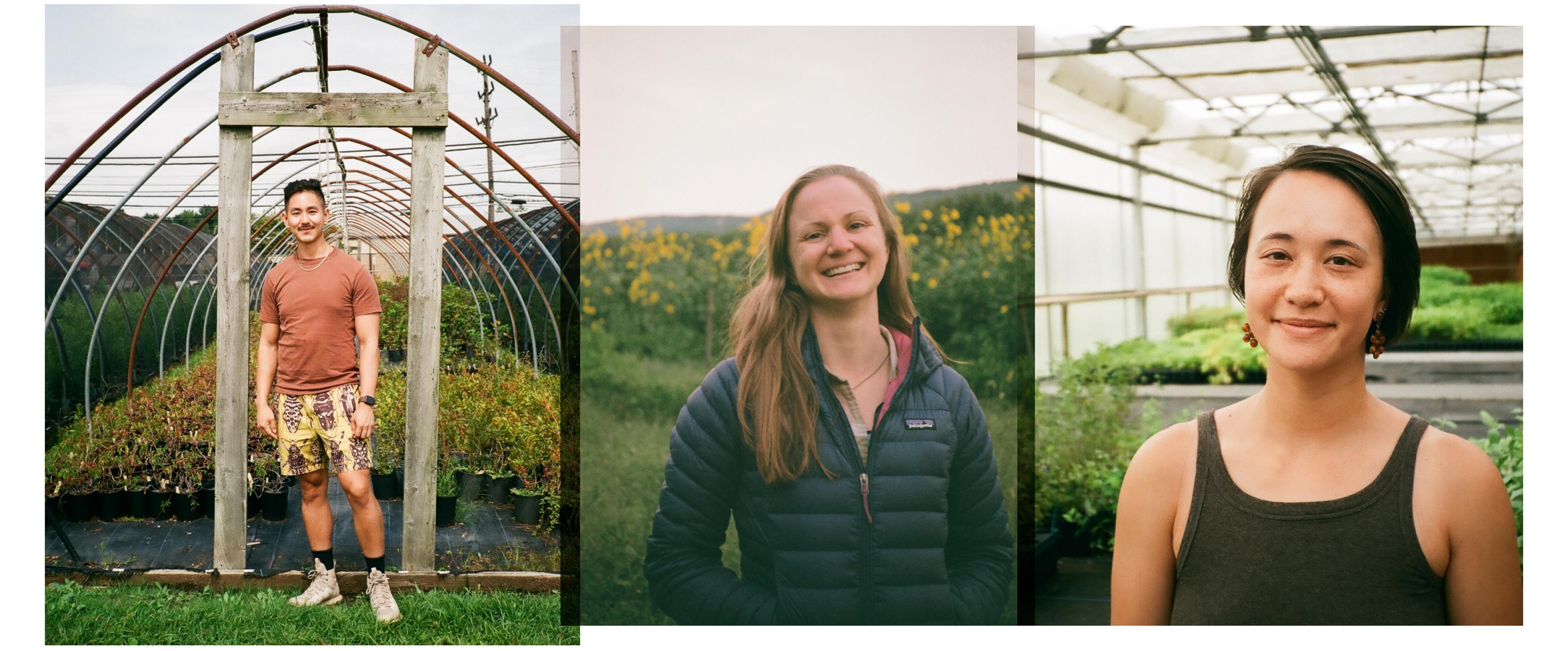
Brian Shin, Engineering
I loved my colleague Landon’s first-person story about meeting Wendell Berry. Even though my role at Ambrook doesn’t bring me as close to agriculture in the day-to-day, the themes of community and of caring for our common stewardship of the land are ones that I could draw personal parallels to.
Paige Wyler, Product Operations
Eve Andrews‘ reported piece Where Soil Is Holy, and Climate Change is Seldom Mentioned* resonated deeply for me. She perfectly captured the tone of conversations between farmers deeply ingrained in the regenerative movement — farmers I met considered the Ray Archuletas of the world as nothing short of gods. Eve wove this dynamic into first-person stories from these farms that maintained a light tone on a serious topic.
Side note: I’ve been struck by the common values I have with farmers who have a very different political leaning. One farmer I visited in Oklahoma — who at the time was planting kernza, an experimental perennial wheat variety — called me a “libtard” while simultaneously talking about his latest cover crop setup and his passionate feelings about soil health. That’s a big part of why this piece felt so personal.
*Paige wasn’t the only one who loved this story — several others chose it as their runner-up for the year.
Maika Koehl, Business Operations
Lela Nargi’s story on the federal government’s controversial “checkoff program” is a fascinating window into the weird public/private amalgamation of American agriculture. Having worked in different sectors of the food supply chain, my favorite reads dig into the “invisible” (to people like me) systems and incentives like checkoffs. Lela does an excellent job of giving high-level context on what these programs are, and also unearthing a lot of complexity within a short piece.
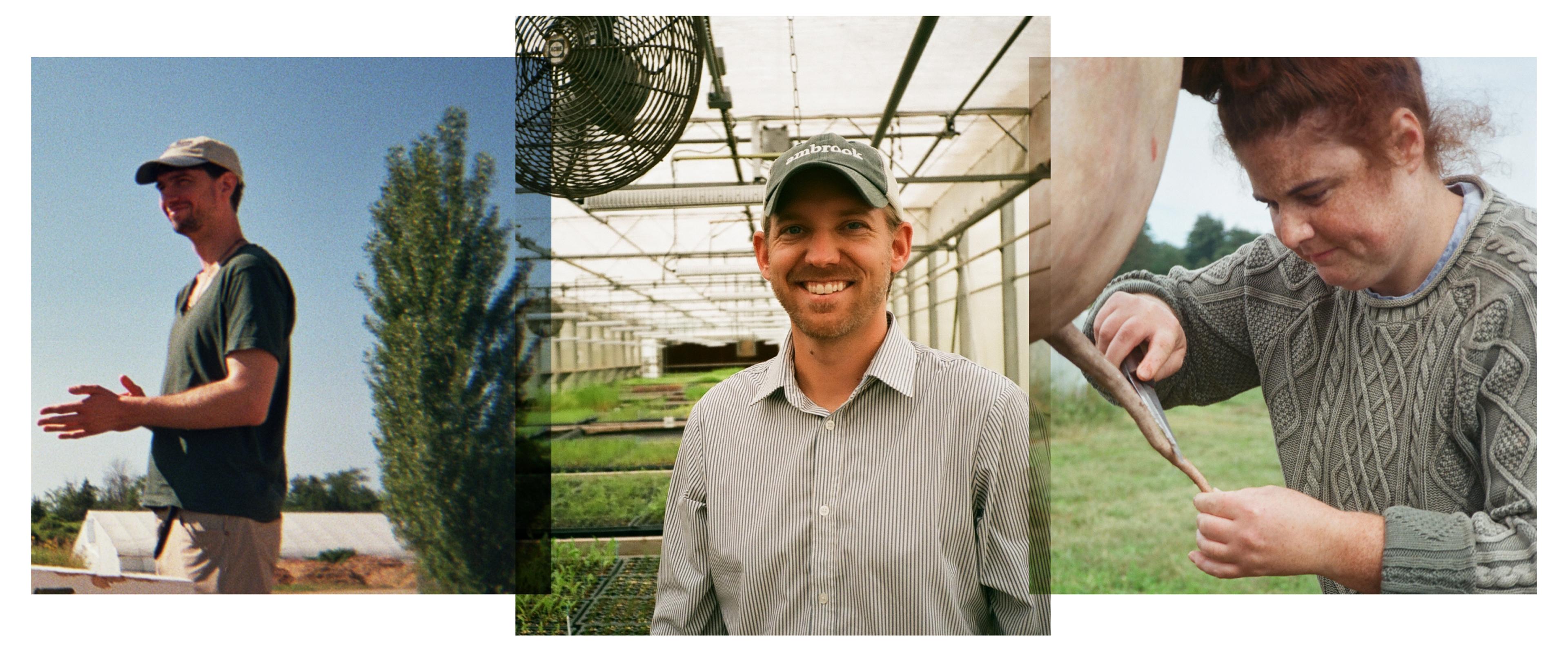
John Slinkman, Engineering
I enjoyed the story Indoor Ag Faces a Reckoning quite a bit. It’s an interesting tale about tech-driven hype running into the harsh reality that it is hard to “disrupt” a sector that’s literally millennia old. On a personal level, it makes me optimistic about Ambrook’s positive sum approach to agriculture. Because our incentives are aligned with those of existing farms and ranches, we don’t have to disrupt — we just have to help.
Landon Frye, Sales and Partnerships
It is tough to choose just one as Ambrook Research covers such a wide breadth of subject matter, but I particularly appreciated Lela Nargi’s reporting on Congress trying to block foreign ownership of U.S. farmland. I didn’t know much about the topic going in, but Lela clearly laid out the facts, figures, and gave a sharp picture of the overall landscape. We were early to the punch on this one, as stories about the legislation unfolded all summer.
Ali Aas, Creative Director
It’s a tough story, but I really appreciated Lela Nargi’s recent story about Valley Fever, a disease that’s disproportionately hitting California farmworkers. It is startling that it’s possible to live in this country and be completely unaware of a disease that is both endemic and devastating to the community that ensures we eat.



